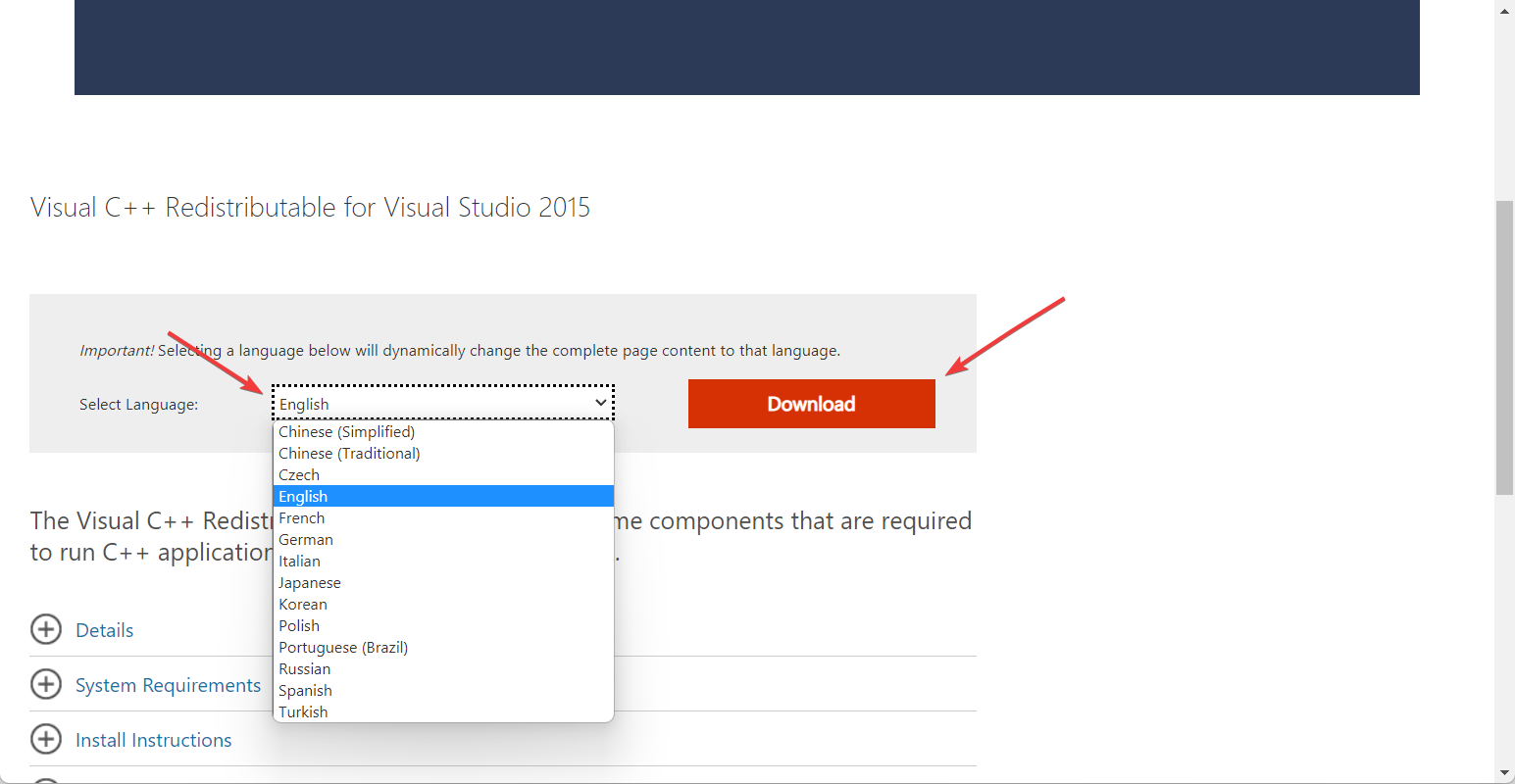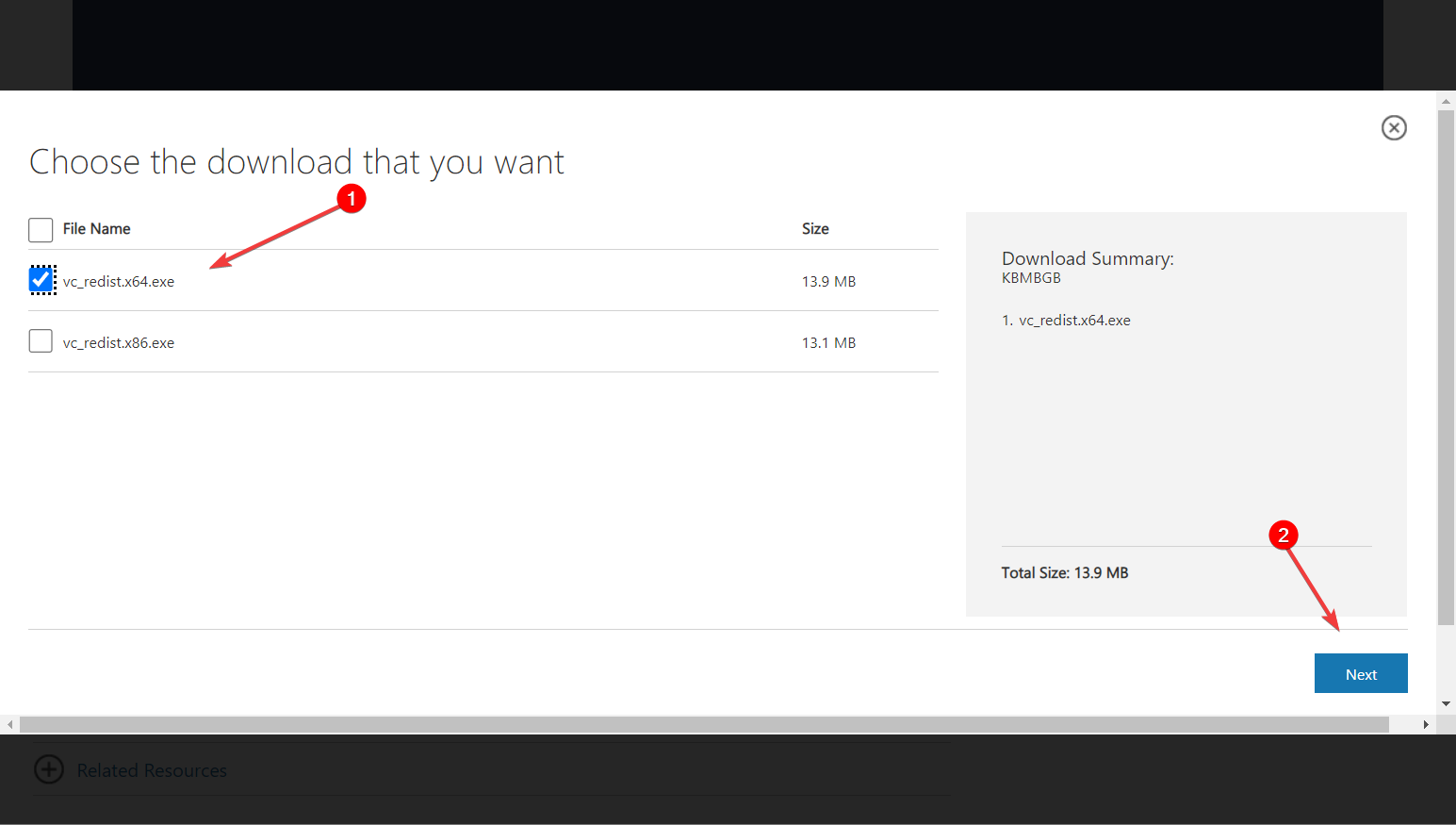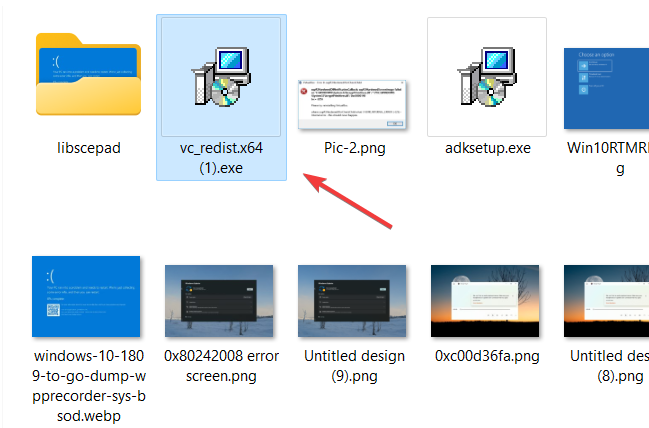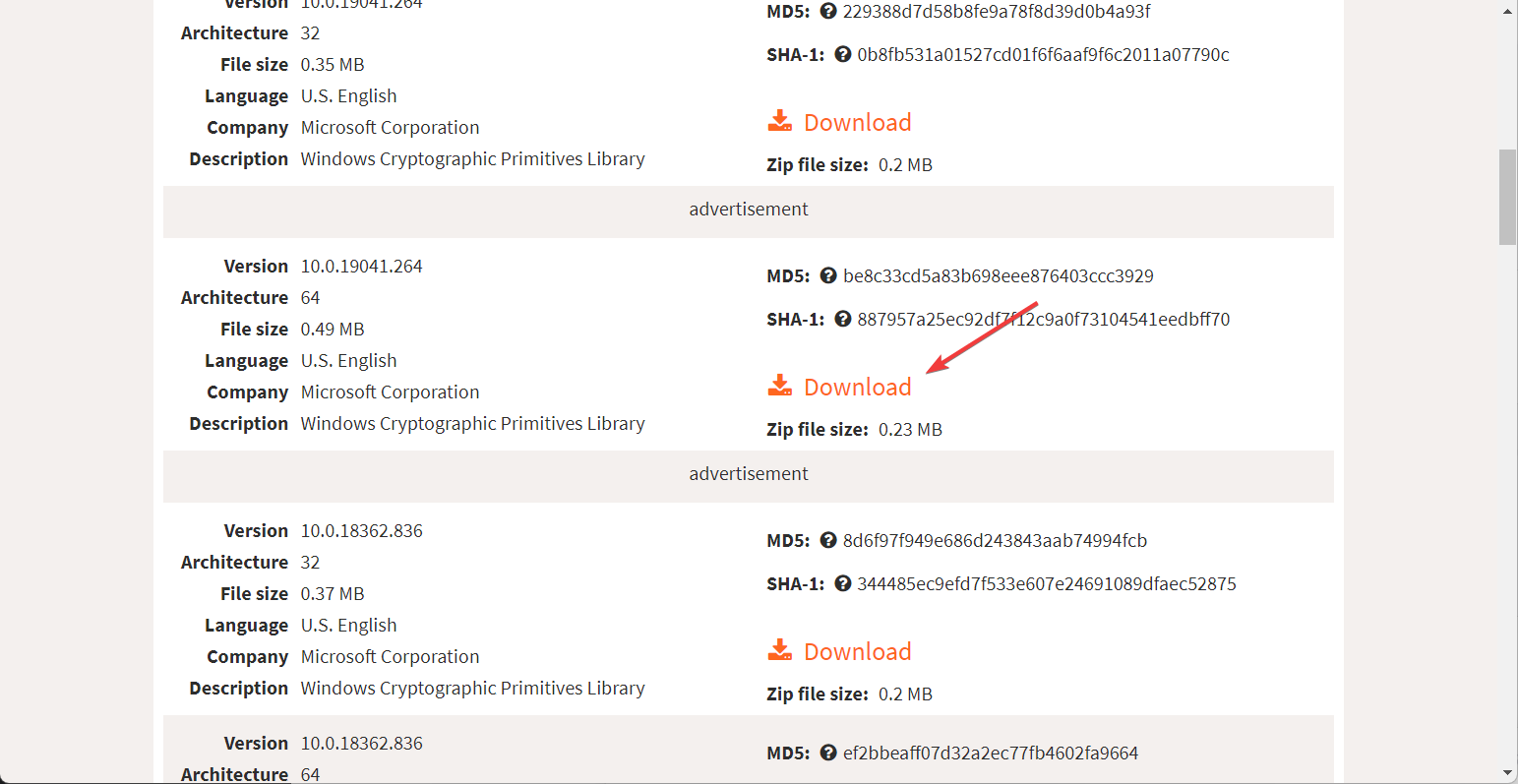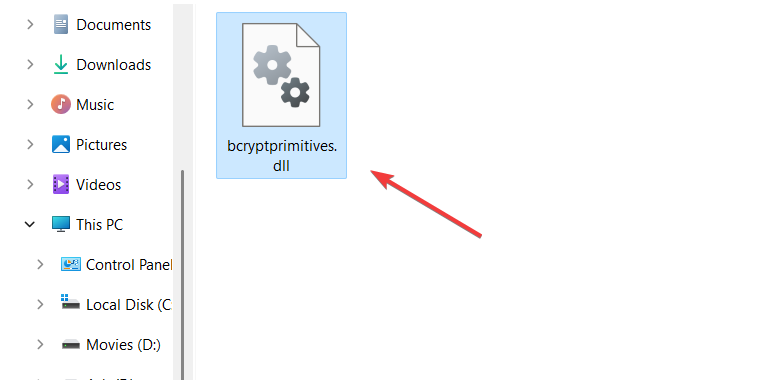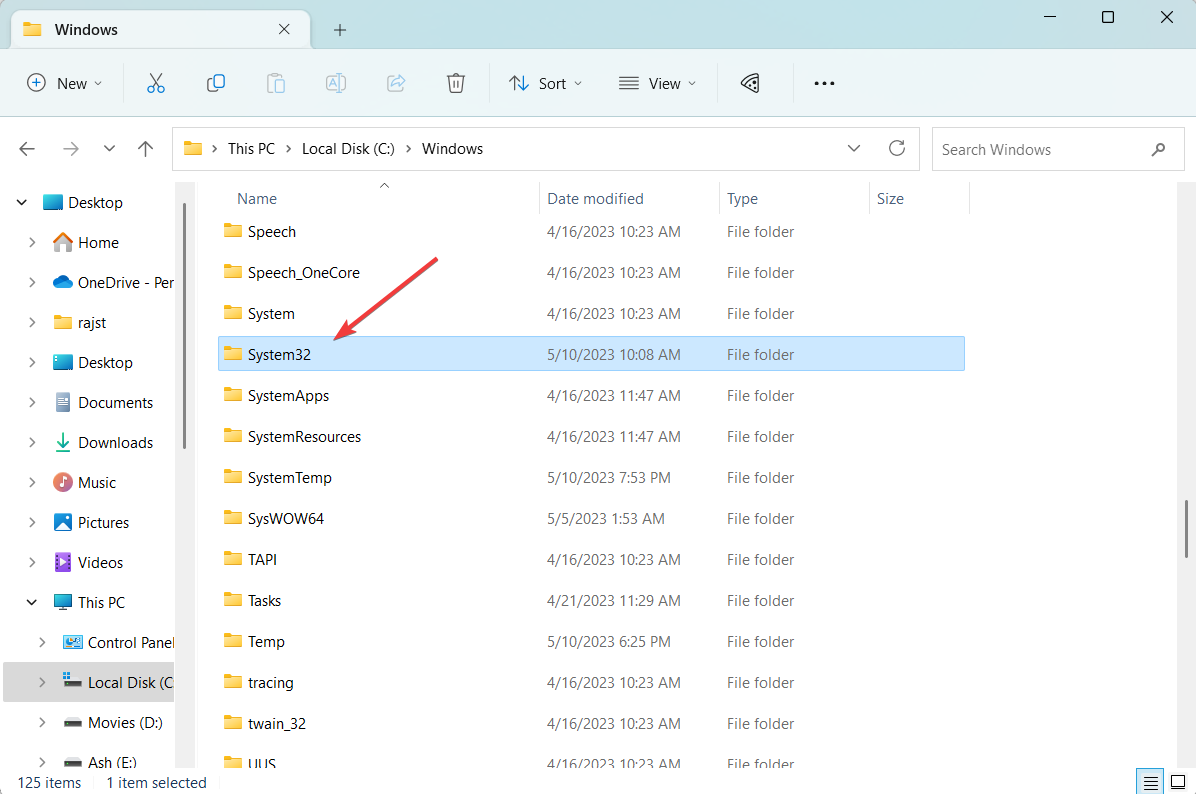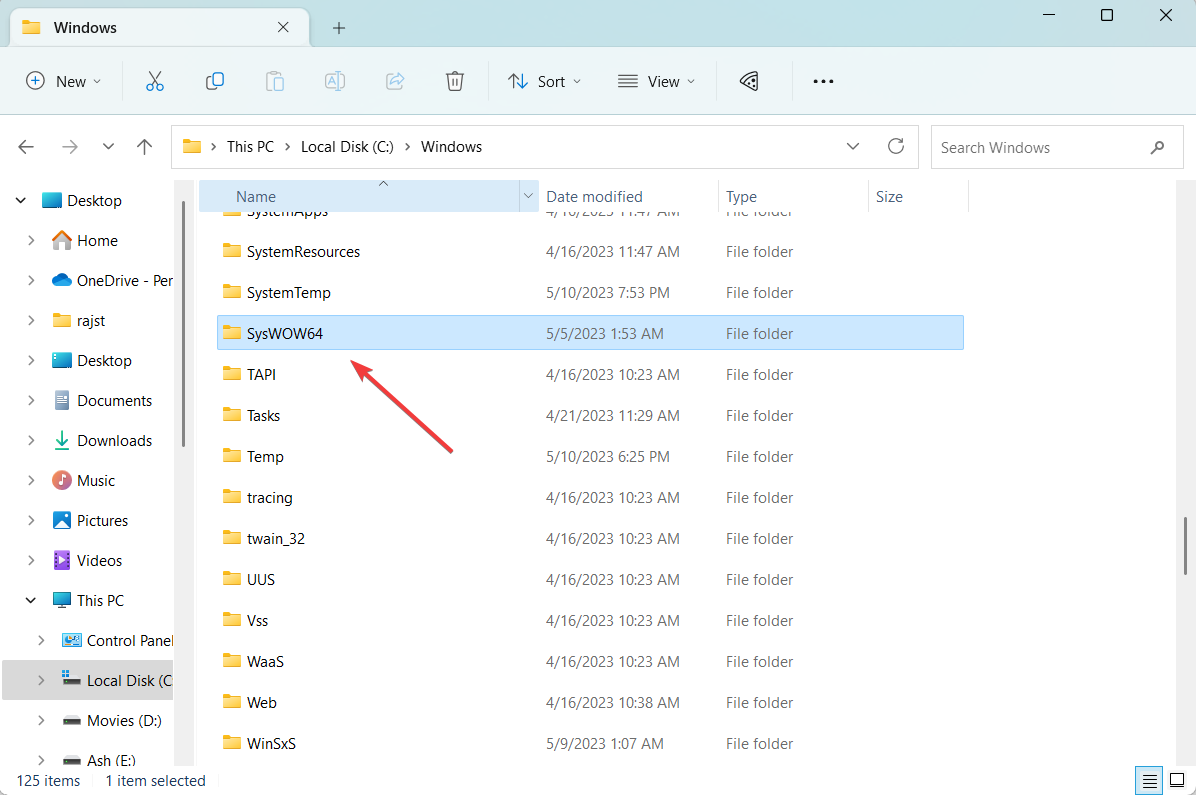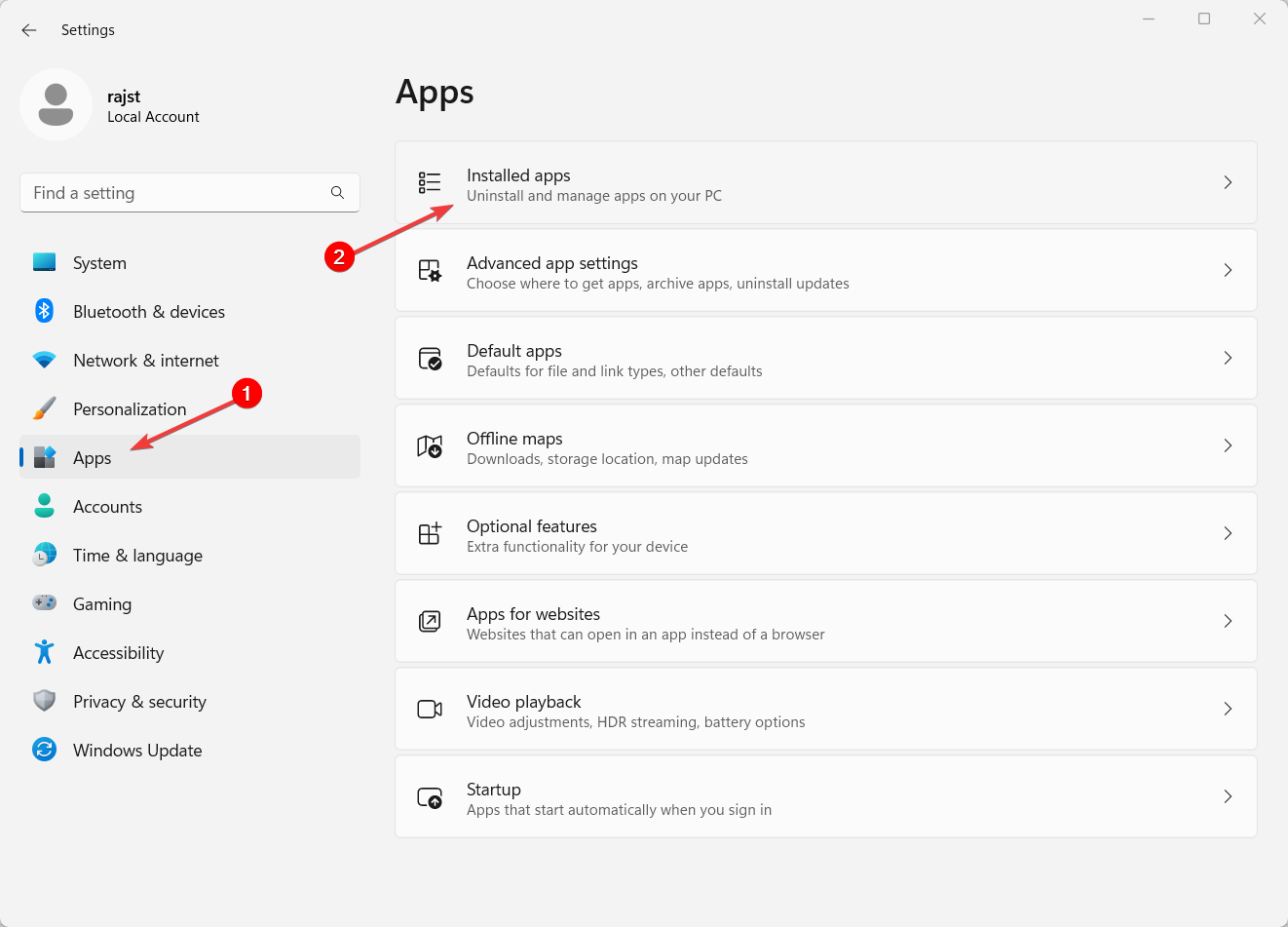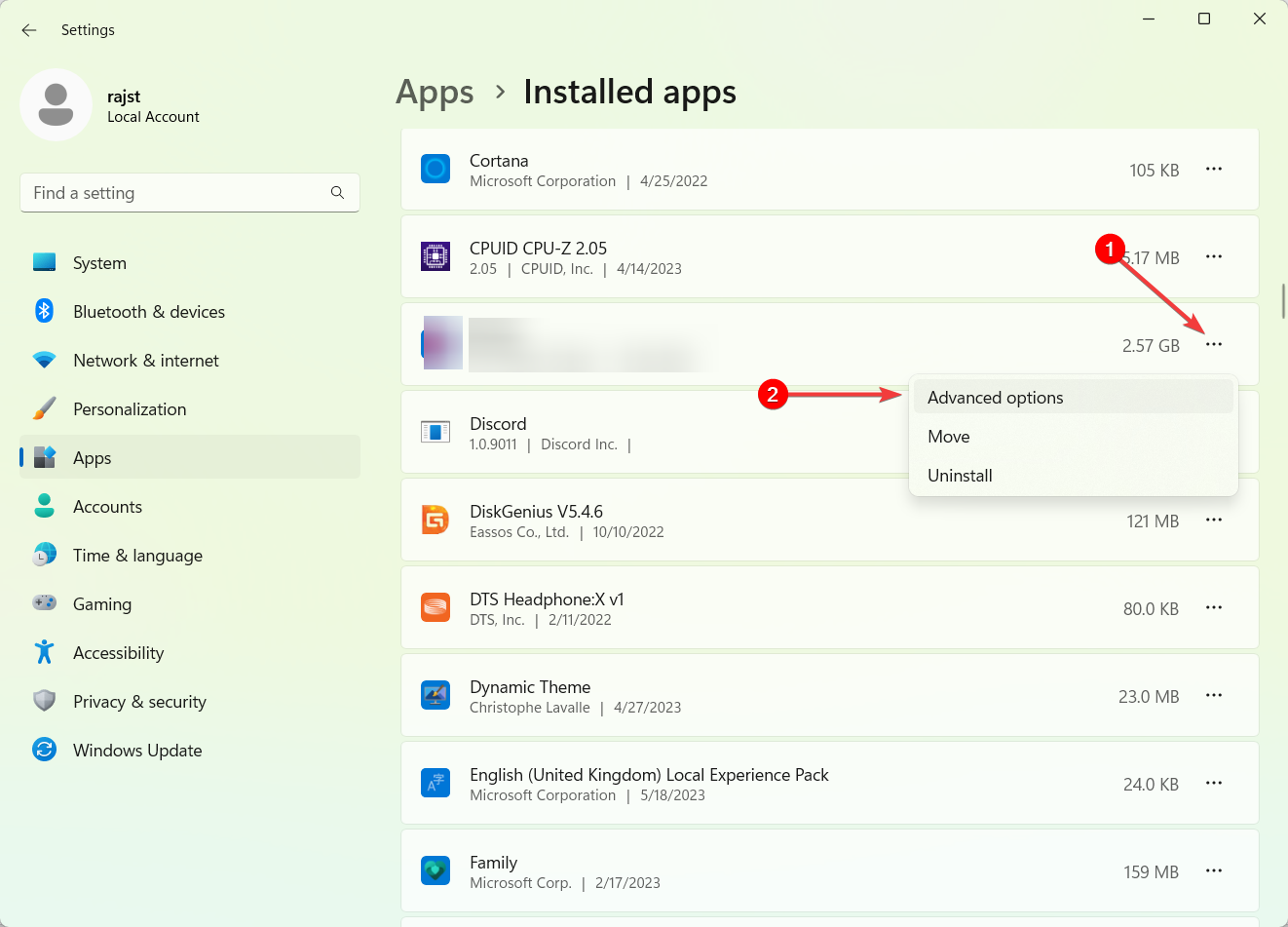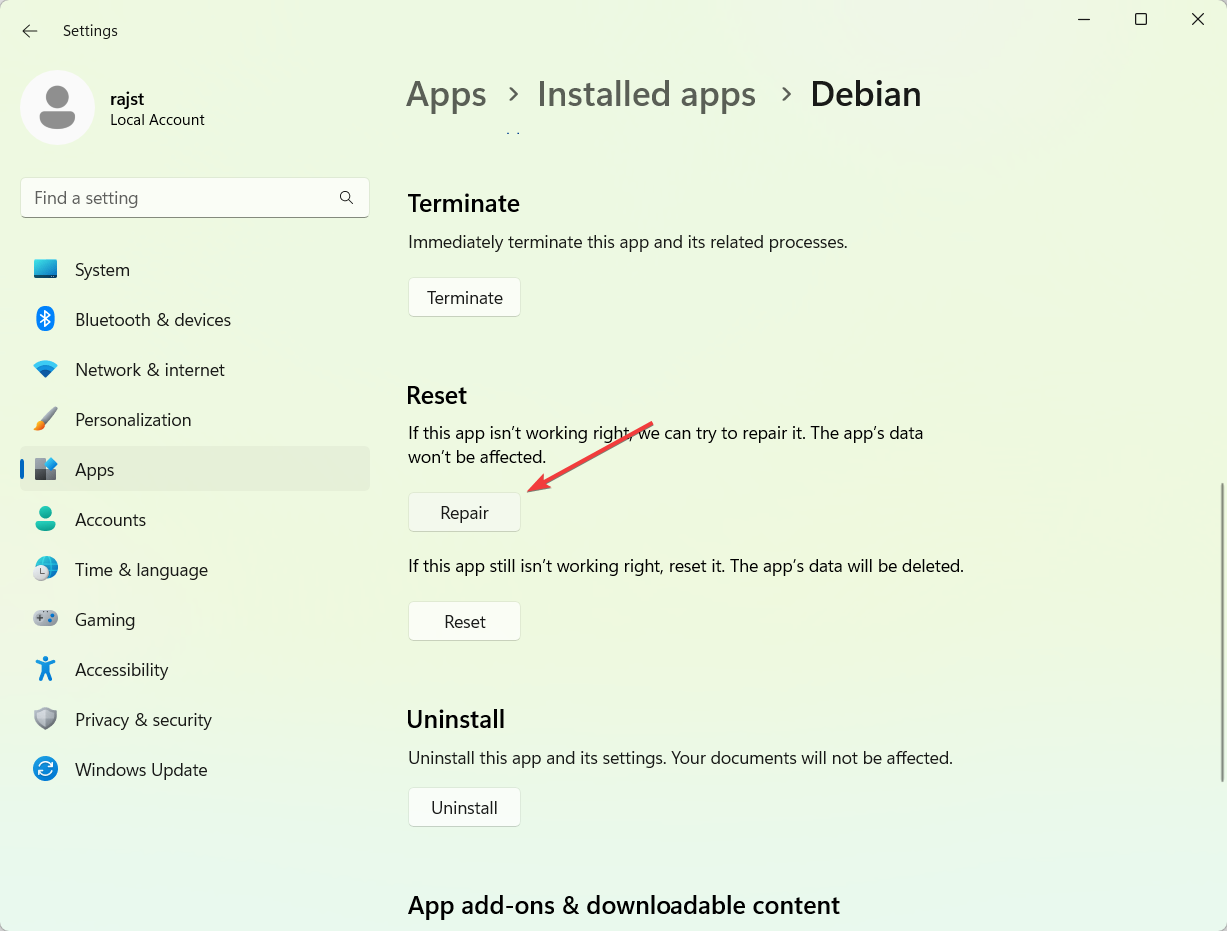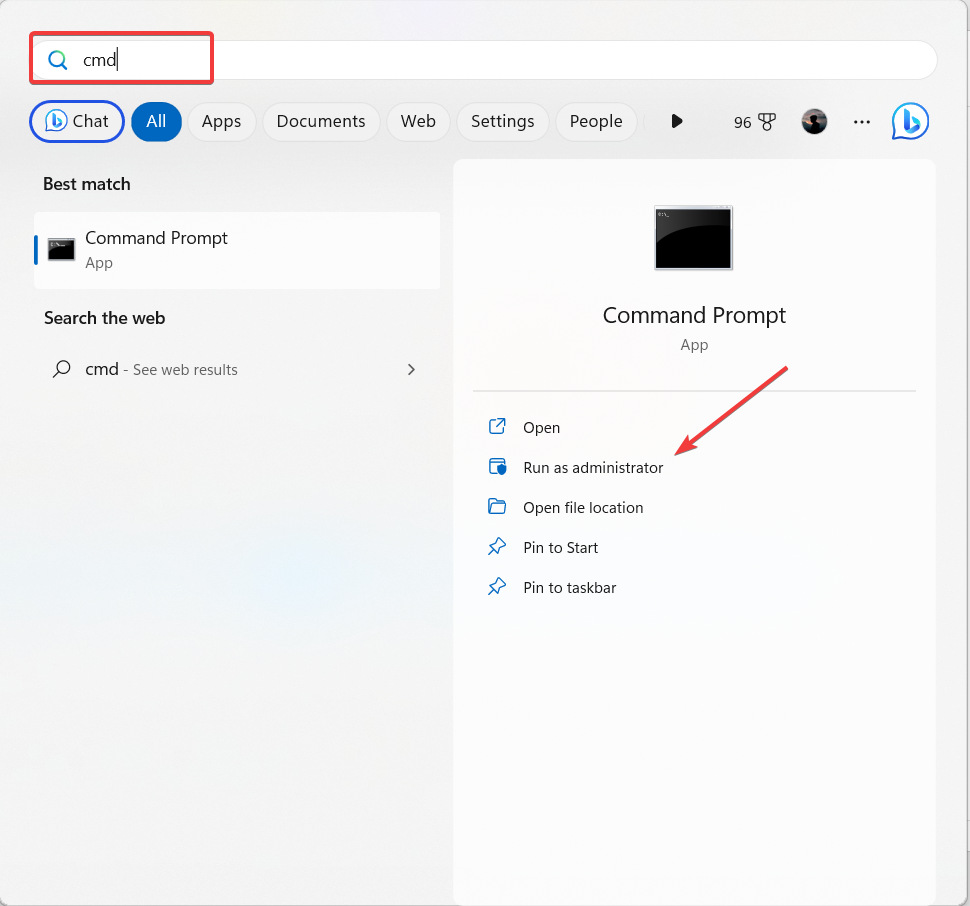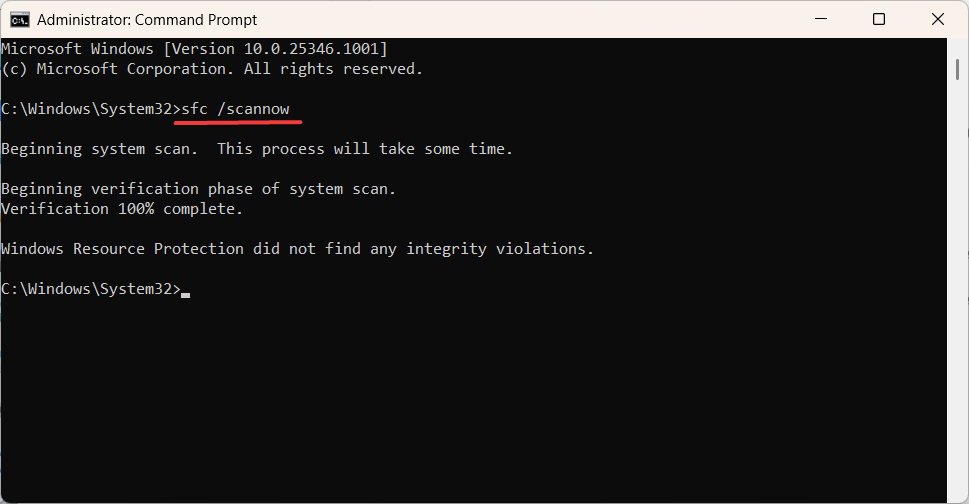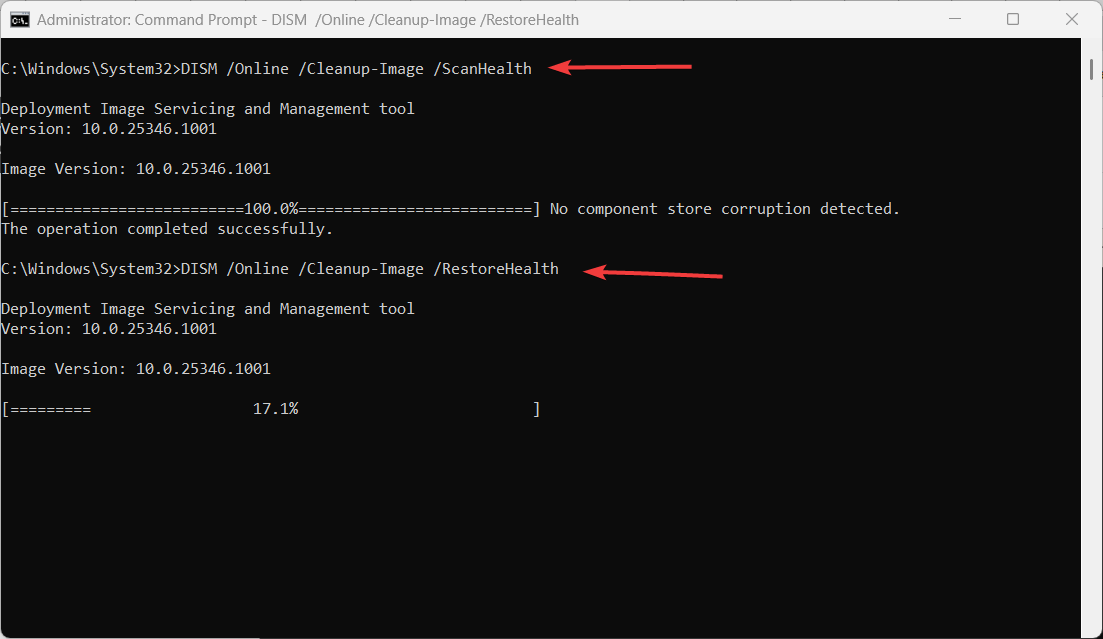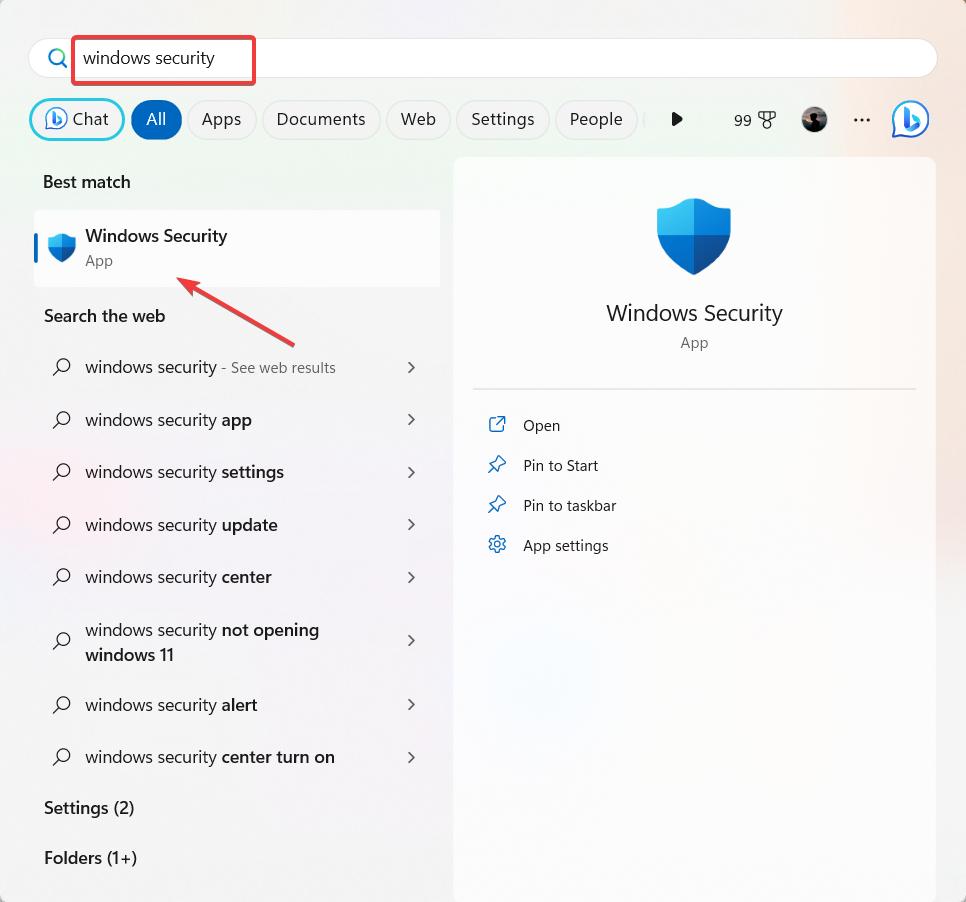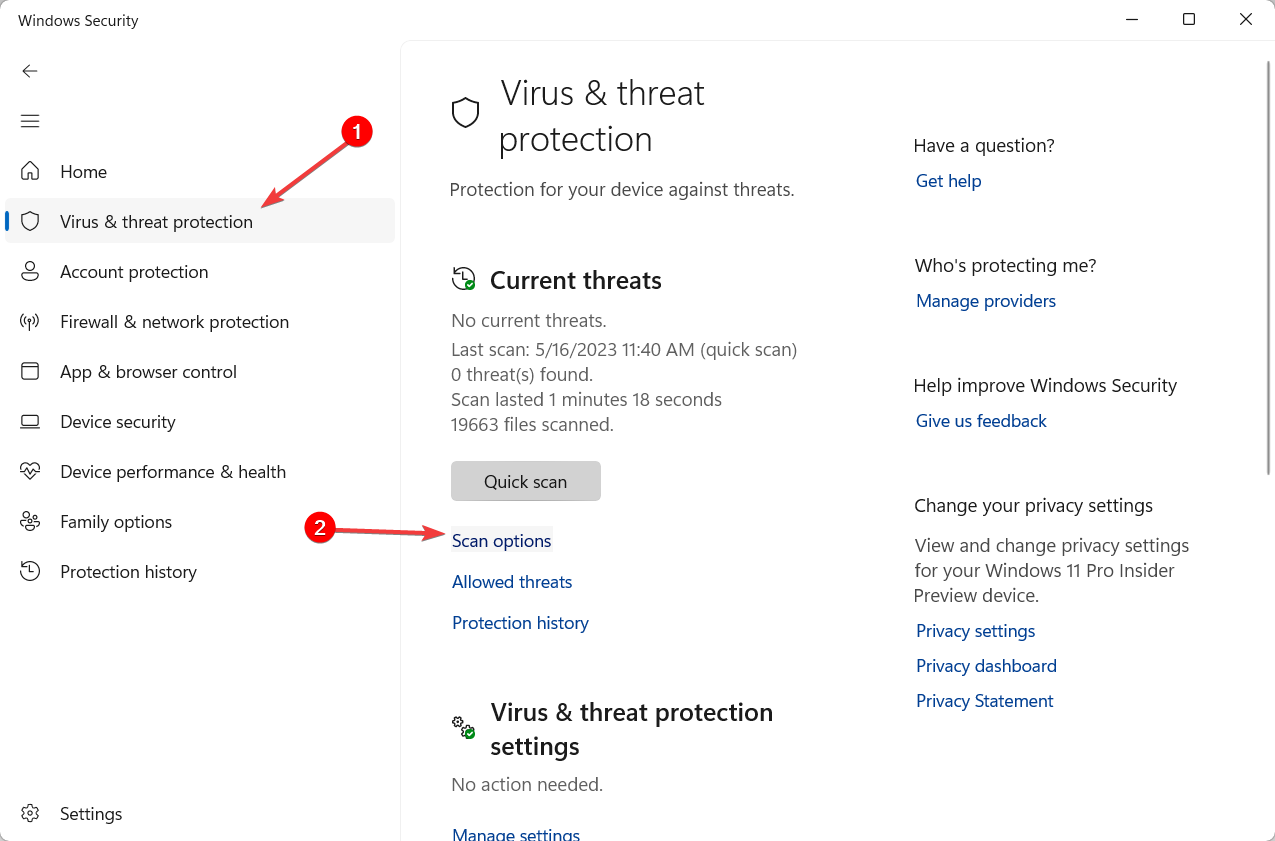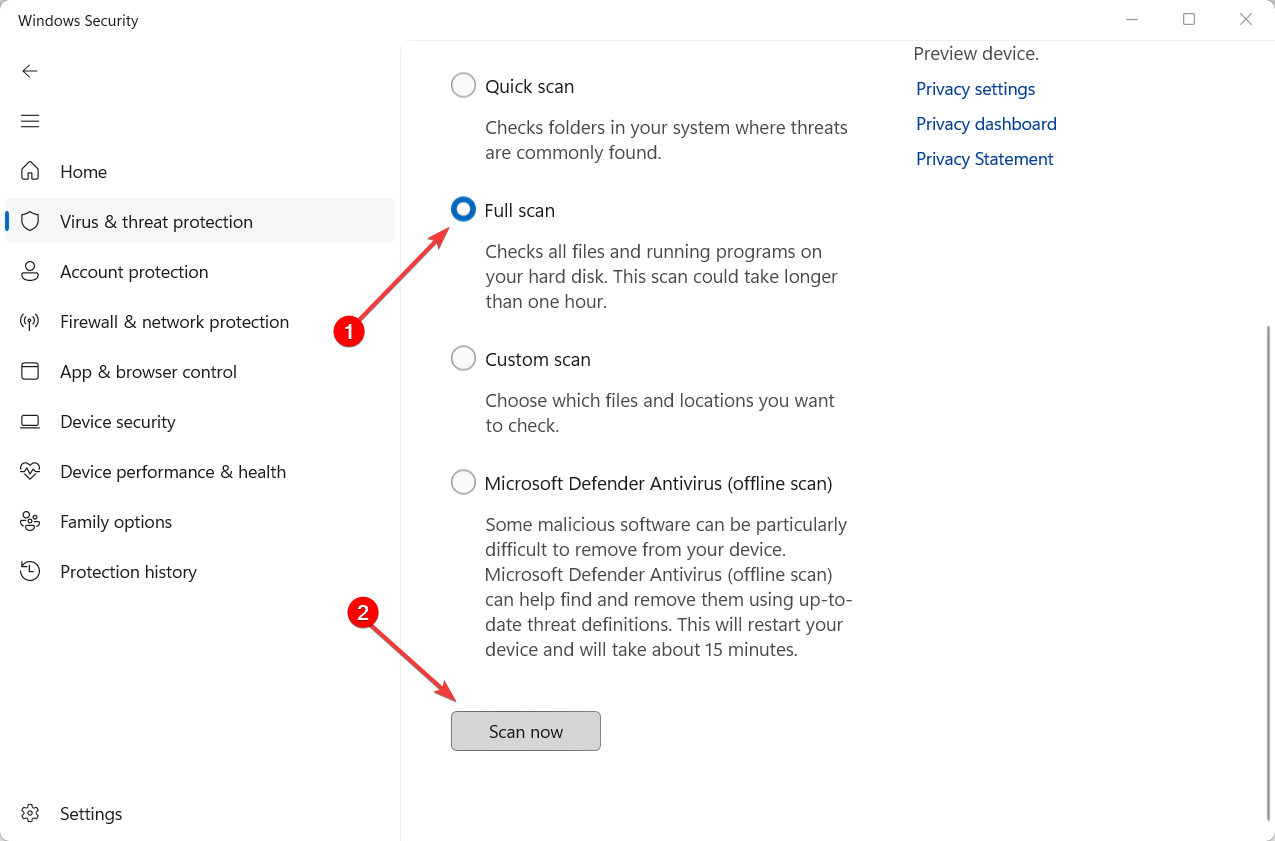Bcryptprimitives.dll: What Is It & How to Fix its Errors
Reinstall the app or Microsoft Visual C ++ Redistributable Package
- The bcryptprimitives.dll file is used for ensuring the security of various applications and system processes.
- This DLL file is responsible for tasks such as encryption, hashing, and key generation, which are essential for protecting data.
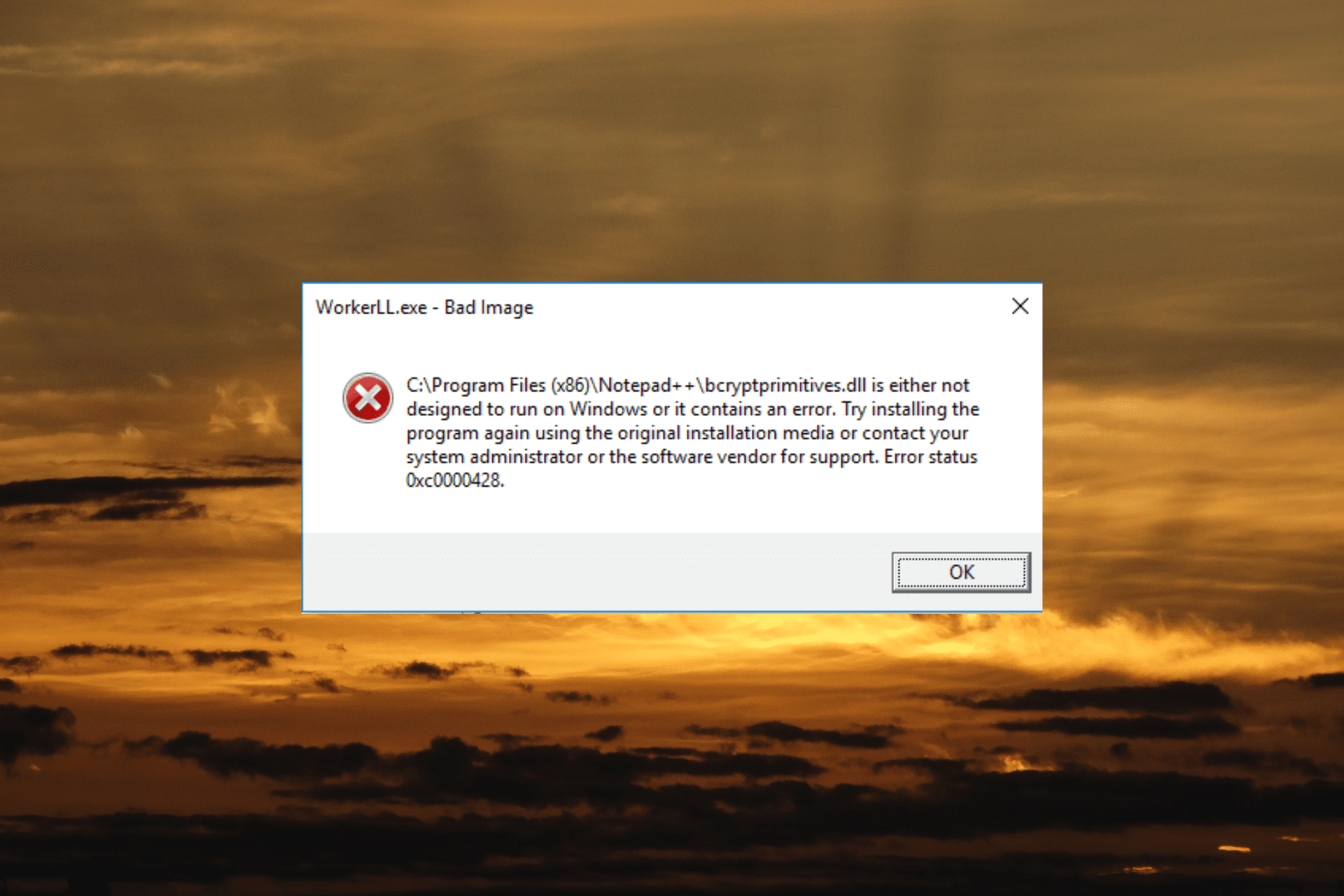
Many users have reported encountering an error related to the bcryptprimitives.dll file while trying to launch or use an application on their Windows PC. This is a common issue where the bcryptprimitives.dll is missing or damaged on Windows, resulting in the error.
bcryptprimitives.dll errors can arise from various causes, such as a malfunctioning program, deletion or damage to the file, file corruption, outdated drivers, or a damaged Windows registry.
What is bcryptprimitives.dll?
The bcryptprimitives.dll file is a dynamic-link library (DLL) part of the Windows operating system. It handles cryptographic functions and provides essential security-related features and functions for various applications and system processes.
Apps and system components use it for cryptographic operations like securing data, protecting passwords, verifying digital signatures, and other security-related tasks.
When there is an issue with bcryptprimitives.dll, it can cause errors in apps and system components that rely on cryptographic operations.
Expert tip:
SPONSORED
Some PC issues are hard to tackle, especially when it comes to corrupted repositories or missing Windows files. If you are having troubles fixing an error, your system may be partially broken.
We recommend installing Restoro, a tool that will scan your machine and identify what the fault is.
Click here to download and start repairing.
Here are the common error messages associated with bcryptprimitives.dll, including:
- The program can’t start because bcryptprimitives.dll file is missing from your computer.
- bcryptprimitives.dll not found.
- Error loading bcryptprimitives.dll. The specified module could not be found.
- bcryptprimitives.dll is either not designed to run on Windows, or it contains an error.
- The file bcryptprimitives.dll missing.
- The code execution cannot proceed because bcryptprimitives.dll was not found.
How do I fix the Bcryptprimitives.dll errors?
Before attempting any complicated troubleshooting methods, try these quick workarounds:
- Restart your PC: Start by restarting your computer. Restarting helps refresh the computer’s processes and can resolve temporary errors caused by problems with the system components.
- Check the Recycle Bin: Check the Recycle Bin for the missing DLL. If it’s there, restore the file to its original location.
- Temporarily disable the antivirus: Sometimes, antivirus software may flag the DLL file, preventing its installation. Try disabling the antivirus and retry.
1. Reinstall the Microsoft Visual C ++ Redistributable Package
- Visit the Visual C++ 2015 Redistributable download page.
- Choose the language and click Download.
- Look for the version of the Microsoft Visual C++ Redistributable Package that corresponds to your operating system architecture (32-bit or 64-bit).
- Then, choose the package installer file and click Next.
- Run the installer file and follow the on-screen instructions to complete the installation.
- Once the installation is complete, restart your computer.
2. Manually download and install the file
- Visit trusted DLL file repositories like DLL-Files.com.
- Download the appropriate DLL file version for your operating system, whether it’s 32-bit or 64-bit.
- After downloading the DLL file, perform a thorough scan using a reliable antivirus or anti-malware software to confirm its safety.
- Then extract the downloaded file and copy the bcryptprimitives.dll file.
- For 32-bit DLL, paste the file in the below folder:
C:\Windows\System32 - For 64-bit DLL, paste in the following location:
C:\Windows\SysWOW64\ - Restart your computer.
If you don’t want to compromise your system by manually installing the DLL file, you can rely on specialized software.
3. Repair or Reinstall the affected application
- Open the Windows Settings app with Windows + I.
- Go to Apps and then select the Installed apps tile.
- Locate the app that is showing the error, click the three dots next to it, and select Advanced options.
- Scroll down the app settings page, and click the Repair button.
- If it doesn’t work or the repair option is not available, you can try re-installing the program and see if it solves the problem.
4. Run SFC and DISM scans
- Press the Windows key, type command prompt, and select Run as administrator.
- Click Yes to the User Account Control (UAC) prompt.
- Enter the following command and press Enter:
sfc /scannow - Wait for the scan to complete, then run the following command one after the other:
DISM /Online /Cleanup-Image /ScanHealthDISM /Online /Cleanup-Image /RestoreHealth - Then, reboot your PC.
5. Run a full virus scan
- Press the Windows key, type in Windows Security in Windows search, and select the Windows Security app.
- On the Windows Security app, click on the Virus & threat protection tab on the left and select Scan options.
- On the Scan options page, choose Full scan option and click the Scan now button to perform a thorough scan of your computer.
- Wait for the scan to complete, then reboot your PC.
Regularly running a virus scan is essential for ensuring the safety of your computer against viruses and malware. To help you with this, we have compiled a list of robust antivirus tools to protect your PC.
If you have any questions or suggestions, please don’t hesitate to share them in the comment section below.
Still having issues? Fix them with this tool:
SPONSORED
If the advices above haven't solved your issue, your PC may experience deeper Windows problems. We recommend downloading this PC Repair tool (rated Great on TrustPilot.com) to easily address them. After installation, simply click the Start Scan button and then press on Repair All.
